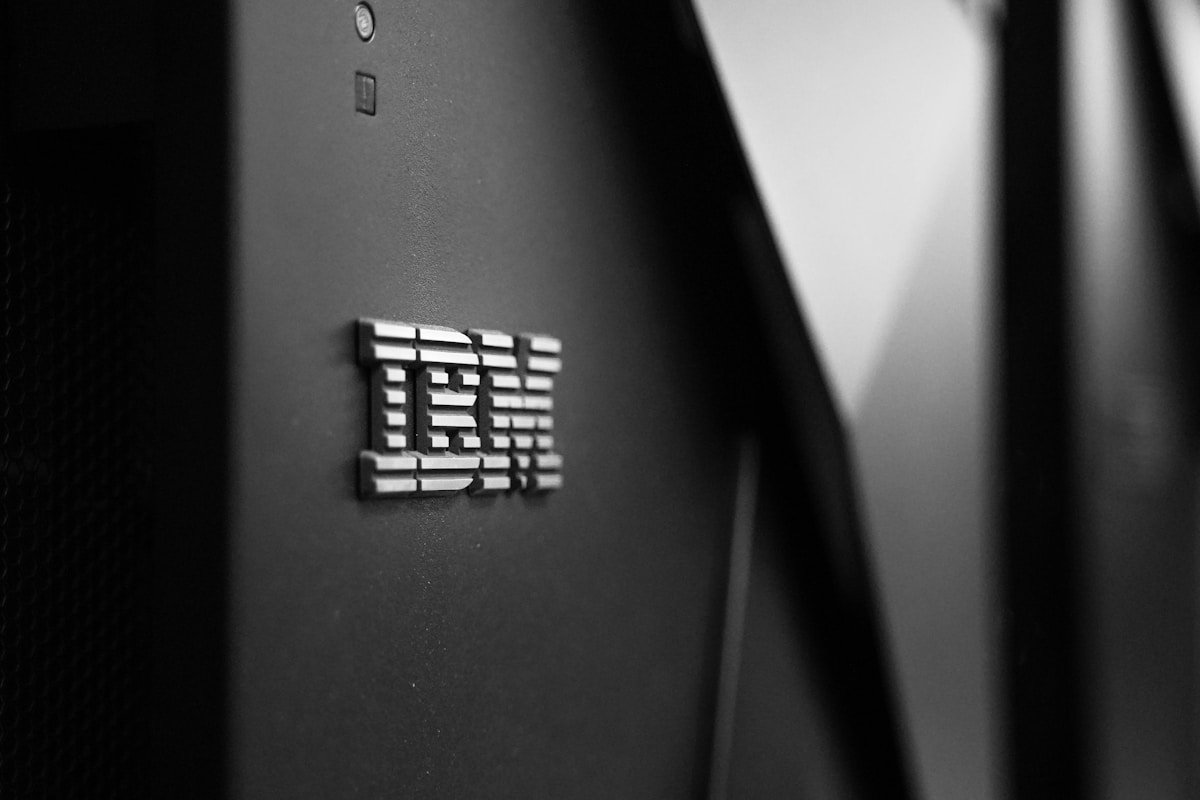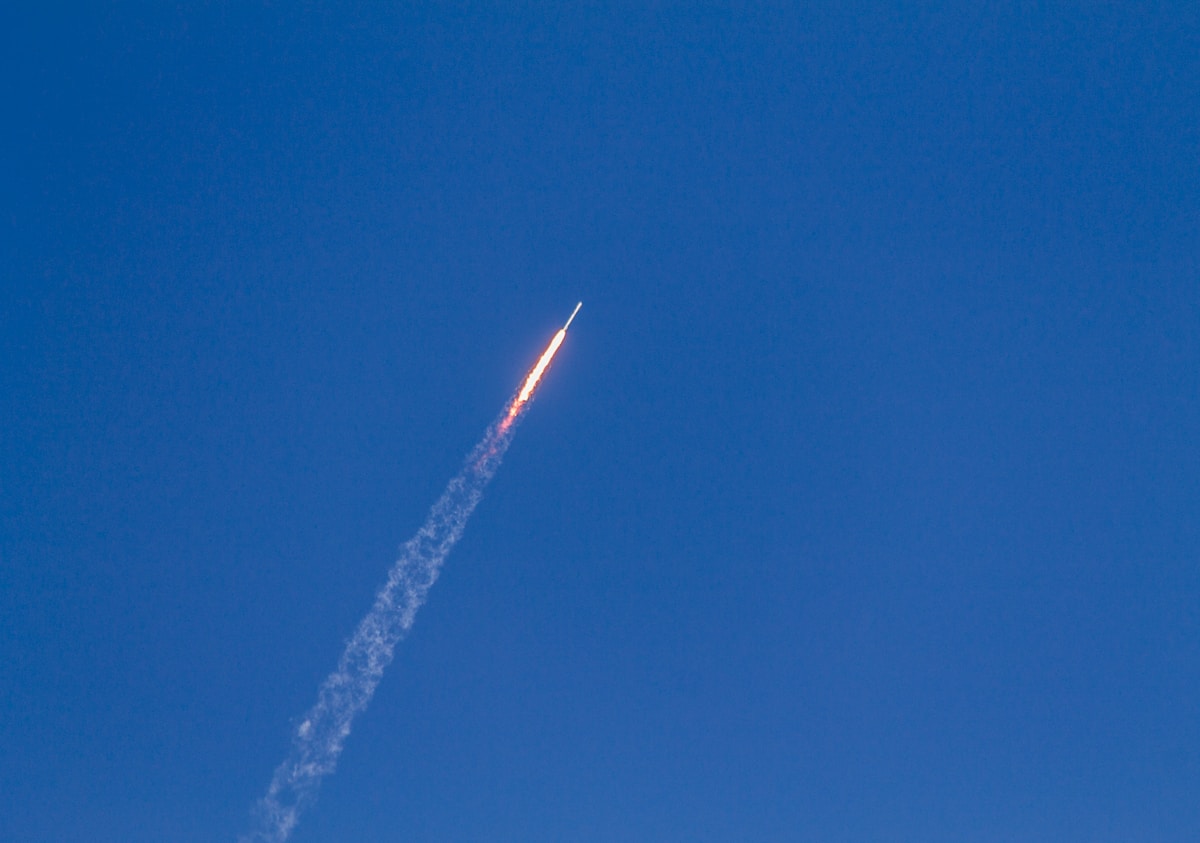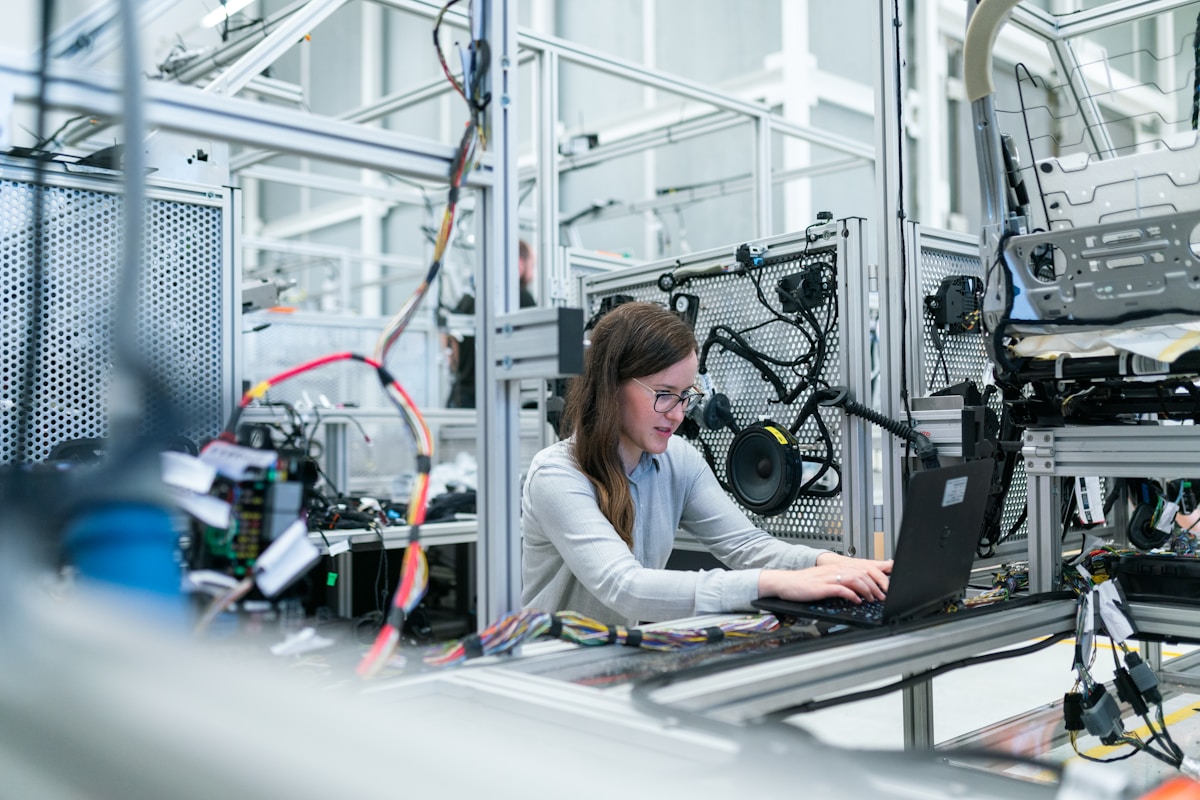Artificial Intelligence Cold War : How Humanity Will Prevail On Top
The Past

In Potsdam, Germany nearly eight decades ago, US President Truman shared with Russian Premier Joseph Stalin his plan for a terrific collision with the Heavens. Of course, in perhaps the most notorious act of American espionage, Stalin was already well-versed in the intricacies of what Truman called a “powerful new weapon.”
Stalin’s surreptitious intelligence network had been funneling information for months.

One presumes Stalin expressed a cryptic interest in the atomic bombs of the Manhattan Project. After all, the Soviet Union began research into Uranium nuclear weapons five years prior. Stalin was well aware of the sheer power of such atomic bombs.
As we now know, two American nuclear weapons were deployed on the sixth and ninth of August 1945 in the commercial Japanese capitals of Hiroshima and Nagasaki. While the explosions swiftly concluded World War II, over 200,000 souls departed our world. In the West, the victory was celebrated with bonfires and chocolates; in the East, a crippled Japan mourned.

In June 1945, Nobel Laureate James Franck authored a piece asserting that nuclear weapons are best used as a demonstration of power, and the disastrous events in Hiroshima and Nagasaki certainly did so. However, they also sent a signal to all global powers—particularly the Soviet Union—of the strength and, more importantly, the influence of revolutionary military technology.
In retrospect, while the Cold War was indeed a struggle of geopolitical ideology, it also birthed the nuclear arms race. Amid the heightened tensions, the United States witnessed an unprecedented era of growth. In addition to ballistic missile development, the United States managed to conceive our earliest computers and stepped foot on the Moon. Such growth, as the armchair historian is quick to highlight, is a common consequence of global conflict.
The Present

On October 18th, 2017, President Xi Jinping of China stood before thousands of delegates at the 19th Communist Congress. As his predecessors Hu Jintao and Jiang Zemin had done in the years prior, Xi Jinping announced the grandiose—but certainly attainable—objectives of the Asian superpower. Throughout the riveting 200 minute speech, Xi often alluded to the artificial intelligence revolution and emphasized China’s intentions to invest in machine learning and big data research.
Xi’s words resonated throughout the nation; in the United States, however, few government officials offered the consideration and attention it deserved. This was not the first time the West had failed to mirror an Asian revitalization. A few years prior, Alphabet’s artificial intelligence subsidiary DeepMind created AlphaGo, a computer employing neutral networks to develop winning plays in the ancient Chinese board game Go. AlphaGo infamously defeated Go Champion Lee Se-dol and was subsequently awarded the highest professional Go rank of 9-dan. Lee Se-dol later retired, calling artificial intelligence “an entity that cannot be defeated.”
In the past, IBM’s Deep Blue defeated Grandmaster Garry Kasparov in a six-game series of chess and IBM’s Watson triumphed over the two winningest champions Ken Jennings and Brad Rutter in Jeopardy.
Go & Chess

However, with more possible moves than total atoms in our universe, Go far outclasses chess and Jeopardy in complexity and strategy.
AlphaGo’s victory sent shockwaves throughout Asia, stimulating a fervent desire to exploit the virtues of artificial intelligence much like the detonation of nuclear weapons spurred the arms race decades prior.
When AlphaGo claimed victory over Lee Se-dol, the White House did indeed acknowledge the achievement. President Obama pointed to the future of artificial intelligence and highlighted its potential to revolutionize Wall Street. Quite coincidentally, Rebellion Research was one of the first to do so as well.
Obama even crafted new initiatives to introduce artificial intelligence policy on a federal level, predominantly addressing the mass unemployment that may surface as a consequence of artificial intelligence. However, these motions were few and far between, and they were largely shelved during the Trump administration.
As tensions between the United States and China continue to grow, we are entering what some consider a twenty-first century iteration of the Cold War. Today, American government officials harbor much more fear and anxiety due to China’s meteoric rise over the past decade, which can be partially attributed to their invested commitment to artificial intelligence. As before, the world will have to balance two distinct dichotomies: capitalism vs. communism and democracy vs. authoritarianism. The seeds of a Cold War have been planted; it only remains to be seen whether they will blossom.
The Future

The 2021 National Security Commission on Artificial Intelligence (NSCAI) Final Report outlines several proposals to establish the US as the global center for artificial intelligence. When NSCAI was founded in 2018, a principal goal was to continue the “American advantage” in the sectors of technology and artificial intelligence.
The Final Report, however, contains quite alarming rhetoric regarding the state of America and China in the “race to research, develop, and deploy AI,” and rightfully so. Should artificial intelligence fall into the wrong hands, it may result in a dark era for our planet. In the past, the globe has witnessed harrowing periods of distress due to technology; the Cuban Missile Crisis, for instance, could have proved catastrophic for the Americas.
However, as Melvin Kranzberg’s First Law of Technology asserts, “technology is neither good nor bad; nor is it neutral.” Any tool—be it manual or automatic—serves the sole purpose to fulfill the human’s intended task, but may also generate unintended consequences.
Atomic Bombs

Take, for example, the advent of the atomic bombs. The bombs fulfilled their purpose in ending the war, and even delivered an era of incredible progress both at home and abroad. However, they also decimated a nation and its innocent civilians, and subsequently amplified tensions across the globe. The atomic bomb is a revolutionary technology, yes, but it also harbors unintended consequences.
Similarly, artificial intelligence may indeed be employed to strengthen the iron fist of communism abroad, but it may also be used to maintain democratic institutions internationally. While Washington may view it as a threat, China’s remarkable growth has inspired the renewed American commitment to artificial intelligence.
Conclusion

If the United States can rival China’s artificial intelligence stronghold—perhaps through the NSCAI’s proposals—then we may experience a global era of historically unmatched technological growth, surpassing even that of the late twentieth century.
We should not view the AI race between the United States and China as a struggle between two superpowers. Rather, as a modern day analog of the Cold War, the race is—and will prove to be—yet another reinvigorated push towards human progress.
Written by Avhan Misra